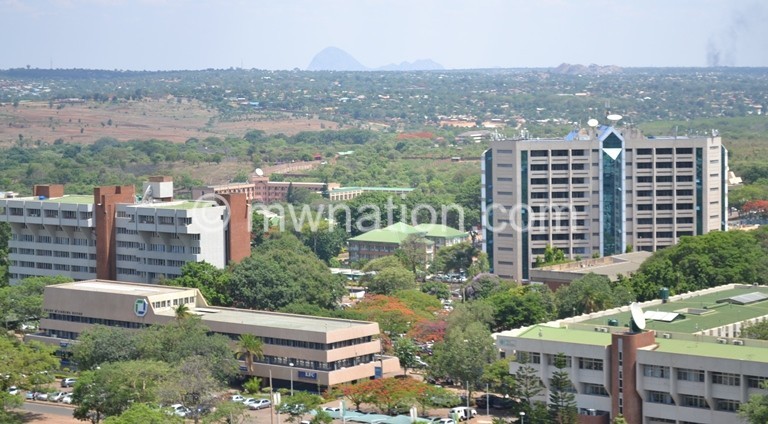Cities risk dry water taps
Residents in the country’s cities should brace for acute water scarcity in the next five to 10 years if projects that are in the pipeline by respective water boards fail to timely materialise, industry players warn.
The experts say the country’s water boards are facing challenges to meet water supply demands due to lack of long-term investments to have sustainable water supply to the cities.

The threat is being compounded by increasing population in the cities due to urbanisation as people migrate from rural areas to cities in search for employment and business opportunities.
In an interview, LWB Chief executive officer Alfonso Chikuni warned that in the case of Lilongwe the demand for water is soaring at alarming levels, but the board is failing to meet the growing demand because there have not been significant investment to increase water production over the years.
He explained that the current water source Kamuzu Dam whose source is Dzalanyama Forest is failing to provide needed water supply because water levels are depreciating due to the impact of climate change and human activities.
“The 2018 population for Lilongwe City is 1.2 million according to National Statistical Office [NSO] and it is projected to grow to 3.8 million by 2045. The corresponding potable water demand for the city is estimated at 130 000 cubic meters a day against the installed production capacity of 125 000 cubic meters a day.
“However, nominal production has significantly reduced due to poor raw water quality in the Lilongwe River while demand is expected to increase to 189 000 cubic meters a day in 2025 and 325 000 cubic meters a day in 2045,” Chikuni said.
He said the board has been banking on the Salima-Lilongwe water project to solve the water crisis in the city.
“But should [that project] fail your guess is as good as mine; that it would be a crisis as there would no adequate water supply to meet people and industry demand for the city,” he said.
As LWB awaits the Salima-Lilongwe water project to take off, Chikuni said as a short term problem intervention the board is drilling boreholes within Lilongwe which can supply between 7 to 10 million litres of water a day to residents.
The Northern Region Water Board (NRWB) which supplies water to Mzuzu City is also facing similar water supply challenges as only about 80 percent of city residents have access to portable water.
NRWB spokesperson Edward Nyirenda admitted that if projects that are in the pipeline fail to materialise as planned the citizens will face acute water supply challenges but remained hopeful because the board has several projects running.
In Blantyre water supply woes have not spared the city as it plans to tap water from Mulanje mountain to mitigate the water supply challenges.
Economics Association of Malawi President Chikumbutso Kalilombe said if the water supply issue will not be resolved it will not only affect city residents but scare away investors because there cannot be investment without stable water supply.
“Water just like electricity is a prerequisite to development so if we can have cities that cannot give its people water it will not grow, even if we say we want to bring investors to Malawi, if there is no water they will not come,” he said. n





